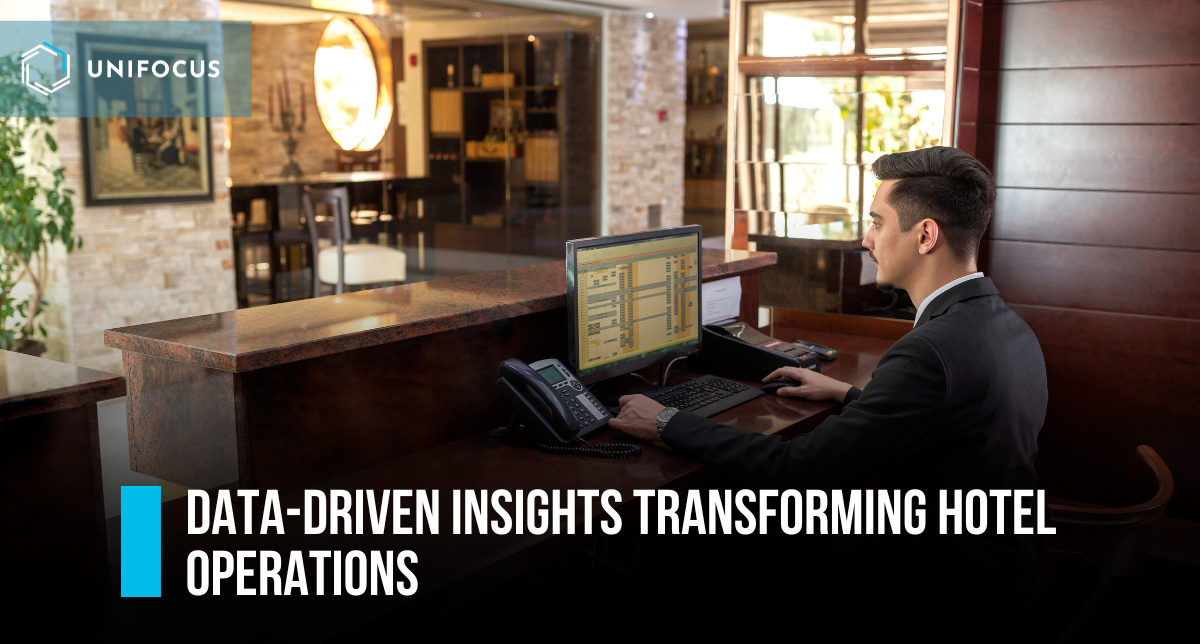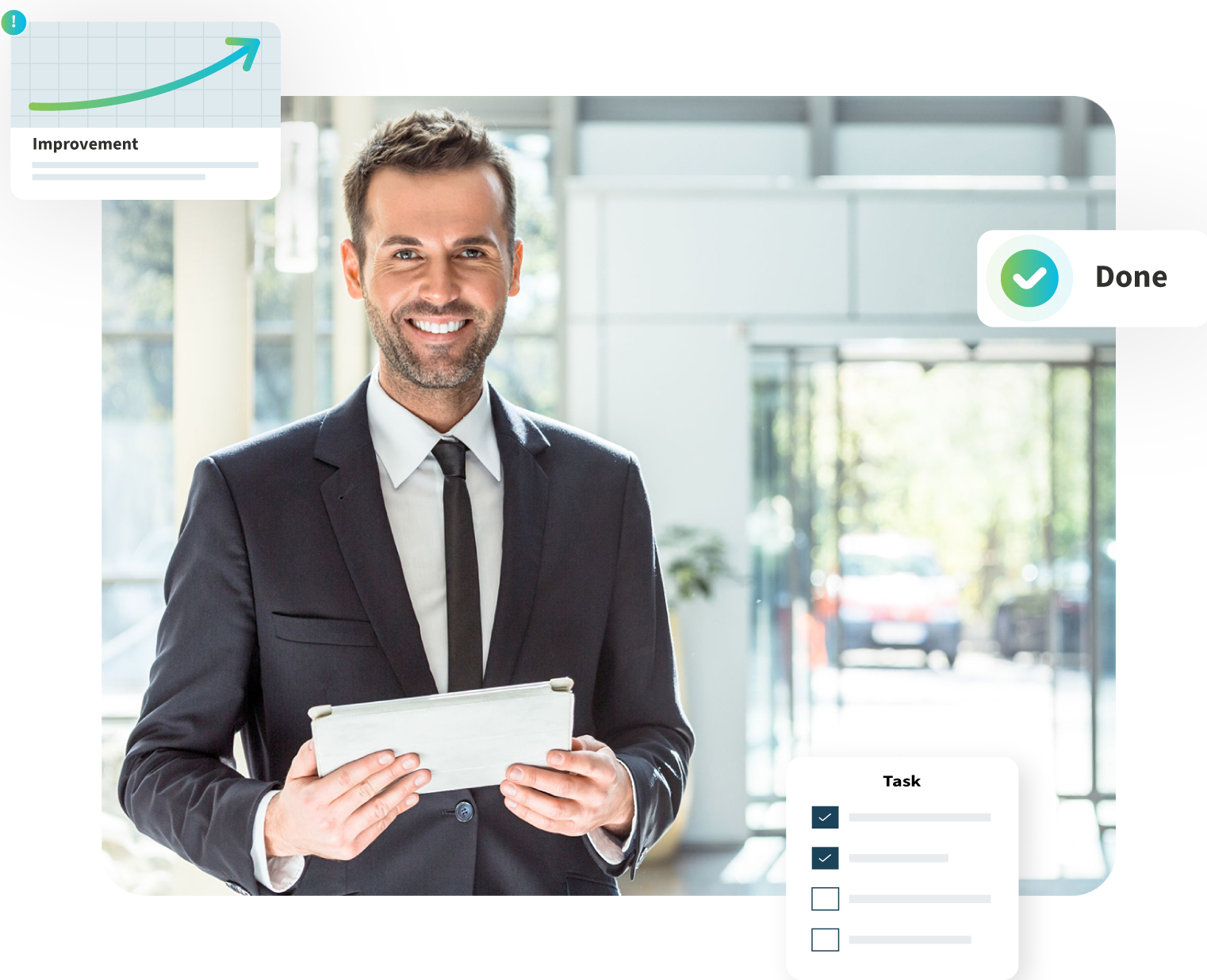The hotel industry is a multifaceted and complex industry, with various stakeholders such as owners, investors, brands, franchisors, managers, and technology providers. Each stakeholder group has its own set of priorities and interests, making it challenging to integrate these different facets successfully. However, when these facets work together in harmony, it can result in improved profitability, operational efficiency, and customer satisfaction.
The stakeholders are familiar faces. Owners and investors provide the funding necessary to build the property. Brands and franchisors provide a central reservation system that contributes to occupancy along with guidelines and support to ensure the property can deliver an on-brand experience. Managers oversee the day-to-day operations and provide a high-quality guest experience. Technology providers help optimize revenue, manage inventory, and streamline operations. By working together, rather than the silos we more commonly see, there is an opportunity to take the hotel industry to new heights.
Guest experience is the major driver in customer loyalty and repeat business. Managers play a crucial role in ensuring that guests have a positive experience by orchestrating operational levers to deliver exceptional service, clean and comfortable accommodations, and engaging amenities. Technology providers can offer tools that enhance the guest experience, such as mobile check-in and check-out, personalized recommendations, and in-room entertainment. Owners and investors can invest in property upgrades and renovations that improve the guest experience.
Understanding all the moving pieces and how they come together is not easy.
Let's say a hotel is experiencing high demand during a particular week, with a high volume of bookings and occupancy rates approaching 100%. In this scenario, revenue and guest service levels are critical demand variables that directly impact how a manager will set up hotel operations to deliver an exceptional guest experience using tools such as automated scheduling and dynamic task assignment software.
To maximize revenue during this peak demand period, the hotel may need to adjust staffing levels and schedule employees more efficiently. Automated scheduling software can help managers optimize labor costs by scheduling staff based on forecasted demand and occupancy levels. By leveraging this technology, the hotel can ensure that there are enough staff members to handle the high volume of guests without overstaffing, which can lead to unnecessary labor costs.
The hotel can also integrate dynamic task assignment software to maximize productivity and ensure that guests receive the highest level of service possible. This software can help managers assign tasks based on real-time demand, such as room cleaning, guest requests, and other operational tasks. By leveraging technology, the hotel can ensure that staff members are focused on the most critical tasks, leading to increased efficiency and improved guest service levels.
Demand variables like revenue and guest service levels are critical indicators that hotel leaders must be able to see and correctly assess when making operational plans for the coming days and weeks. By leveraging advanced technologies like automated scheduling and dynamic task assignment software, hotel leaders can optimize productivity, reduce labor costs, and create exceptional guest experiences, and success for the hotel.
Success for the hotel is success for everyone
As hoteliers can connect demand projections with an operational plan that matches, they are doing more than just ensuring they aren’t over or under staffing or accounting for service levels. When all these things come together – costs are better managed too.
The exciting part about trimming operational costs and increasing productivity is the increase in a hotel's asset value. By cutting operational costs and increasing productivity through technology solutions, hotels can increase their net operating income (NOI). Higher NOI translates into a higher asset value, making the hotel more attractive to investors and buyers.
When all the pieces come together, every stakeholder benefits. Visibility into all facets of the business and the interconnectedness of people, processes and systems are the key to success. We would love to hear how you look at the whole picture and what you’ve done to integrate your hotel business.

 The Interconnected Hotel" >
The Interconnected Hotel" >





